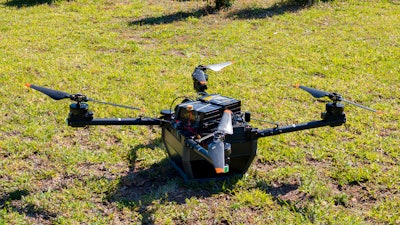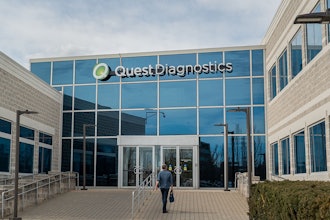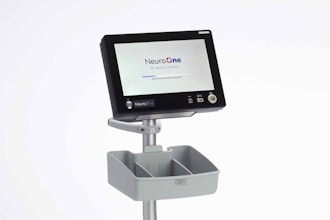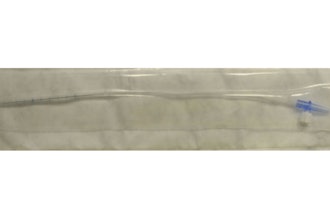
Tampa General Hospital's (TGH) collaborated with Manatee County and Archer First Response Systems (ArcherFRS) to accelerate response times to health-related emergencies with drone delivery. The 9-1-1 integrated drone delivery system sponsored by Tampa General will provide life-saving equipment to eligible 9-1-1 callers in Manatee County coverage area beginning May 1.
This program marks the first-in-the-nation use of drone technology to support emergency response efforts with the delivery of a payload carrying an automated external defibrillator (AED), NARCAN Nasal Spray and a tourniquet. With rapid access to lifesaving equipment, individuals benefit from increased chance of survival and better health outcomes.
ArcherFRS utilizes Freefly Systems AltaX unmanned aircraft equipped with an ASTM-certified Parachute Recovery system, ADS-B receiver, on-board computer and LTE cell modem. The system is installed at the Manatee County EMS Lakewood Ranch Station on Malachite Drive and will serve a 3.5 square mile area of coverage Monday through Friday during daylight hours. The goal is to expand coverage area to 35 square miles, 24-hours-per-day, 7-days-per-week with additional approvals from the Federal Aviation Administration (FAA).
Beginning May 1, when an individual in the coverage area calls 9-1-1 with reports of cardiac arrest, opioid overdose or trauma, the Manatee County ECC Dispatch will initiate deployment of the ArcherFRS drone. The equipment is expected to reach the caller between 1 minute 45 seconds and 2 minutes 10 seconds. Dispatch will walk the 9-1-1 caller through the application of the equipment needed while traditional emergency response vehicles are en route.
Over the next 12 months, TGH, ArcherFRS and Manatee County will evaluate the performance and effectiveness of the program to determine how the technology can be utilized to serve more residents across the state.
AEDs are used to respond to individuals experiencing sudden cardiac arrest. Each year, 350,000 people in the United States experience a cardiac arrest outside the hospital and only 10% survive. NARCAN Nasal Spray can prevent death in the event of overexposure to opioids. Last year, more than 112,000 Americans died from opioid-related exposure. The tourniquet is used to apply pressure and stop blood loss for individuals with trauma-related injuries. Each payload delivered by the drone includes one AED and one dose of NARCAN Nasal Spray. In the coming weeks, the payload will be expanded to include one tourniquet. Rapid delivery of this life-saving equipment can significantly improve patient outcomes. Any 9-1-1 caller in the coverage area that utilizes the equipment will benefit from the drone delivery at no cost to them.






















